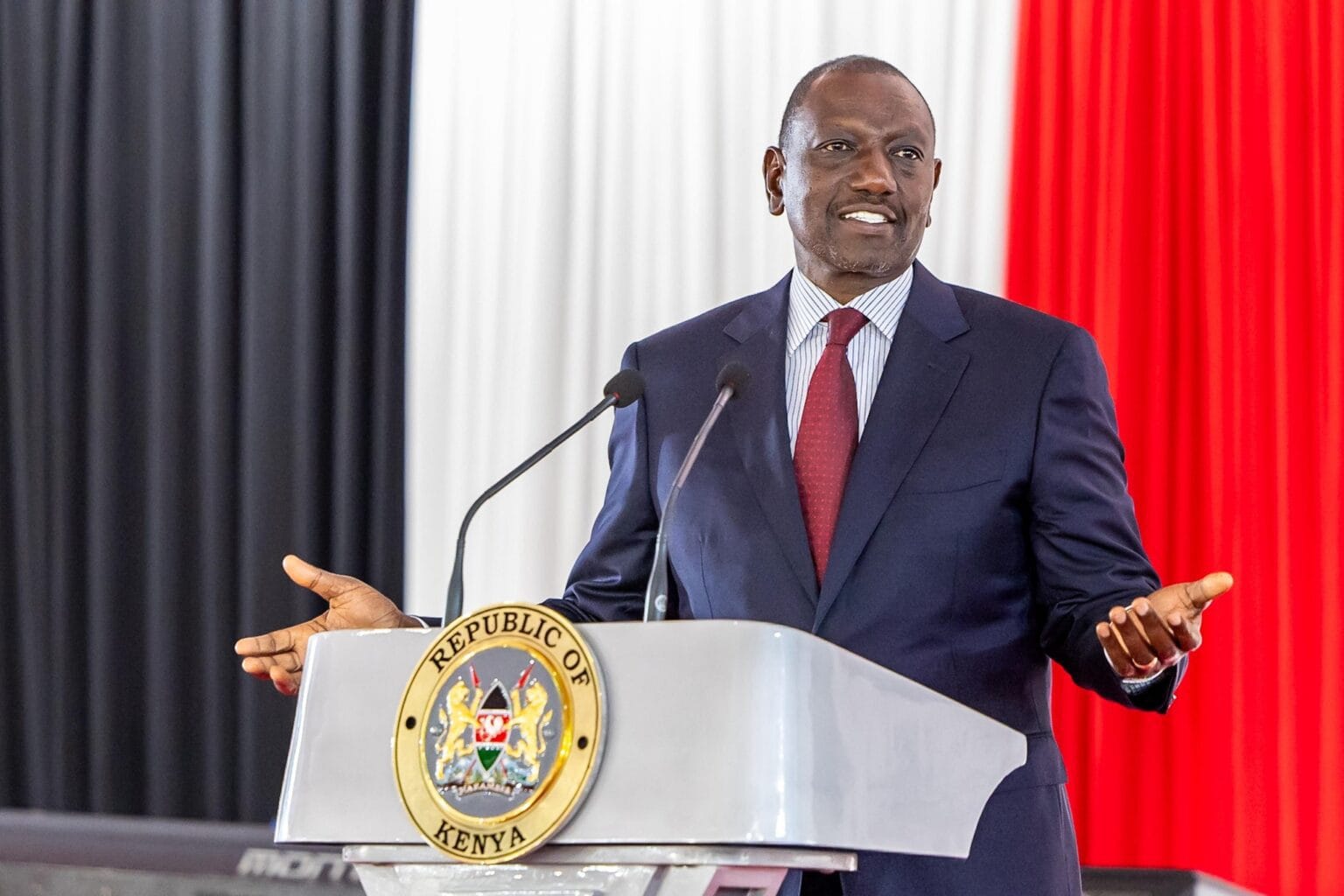President William Ruto has publicly apologised to the people and government of Tanzania, following a diplomatic strain triggered by the detention of Kenyan leaders and activists in Dar es Salaam and a subsequent war of words on social media.
Speaking during the National Prayer Breakfast on May 28, 2025, President Ruto extended an olive branch to Kenya’s East African neighbours, calling for forgiveness and regional unity.
“Our neighbours from Tanzania, if we have wronged you in any way, forgive us. Our friends from Uganda, if there’s anything that Kenyans have done that’s not right, we want to apologise,” said Ruto.
“We want to build a relationship that will make our country great and will take us forward.”
Ruto also referenced Psalms 133, highlighting the value of national and regional unity, and emphasized the blessings that come from peace and cooperation.
The Spark: Detention of Activists
Tensions between Nairobi and Tanzania escalated following the detention of prominent Kenyan figures—including former Chief Justice Willy Mutunga, human rights defenders Hanifa Adan and Hussein Khalid, and politician Martha Karua—at the Julius Nyerere International Airport. The activists were reportedly in Tanzania to attend opposition leader Tundu Lissu’s treason trial.
They were held without clear explanation, denied access to their passports, and described conditions at the airport as cold, deserted, and disorienting.
“We’ve been held since 2 a.m. The terminals are deserted, the floors are cold, and we’re hungry,” Adan wrote on X.
“We still don’t have our passports, nor do we know why we’re being detained,” added Khalid.
Tanzanian Parliament’s Reaction
The incident prompted remarks from Tanzanian MP Jesca Msambatavangu, who accused Kenyan Generation Z youth of being disrespectful and inciting online unrest. She praised Tanzanian youth for being “patriotic, brave, and peaceful,” suggesting that Kenyans should learn from Tanzania’s approach to governance and social discipline.
Her comments only inflamed tensions further, prompting a wave of retaliatory posts from Kenyans online, many of whom criticized the Tanzanian government for its treatment of visiting dignitaries and its suppression of dissent.
A Bid to Restore Calm
In light of the spiraling discourse, Ruto’s apology aimed to dial down tensions and preserve the longstanding friendship between the two East African nations.
“Let us live together in unity across political divides, across our communities, across our religious differences,” he said.
“Where there is unity, God commands a blessing.”
What’s Next?
While President Ruto’s statement has been welcomed by some regional observers, it remains to be seen whether it will result in a formal diplomatic resolution. Civil society groups in Kenya have called for further investigation into the detentions and greater protection for cross-border activism and legal advocacy.
As East Africa continues to grapple with balancing state security and civic freedoms, the incident underscores growing tensions between governments and increasingly outspoken regional civil society movements.


